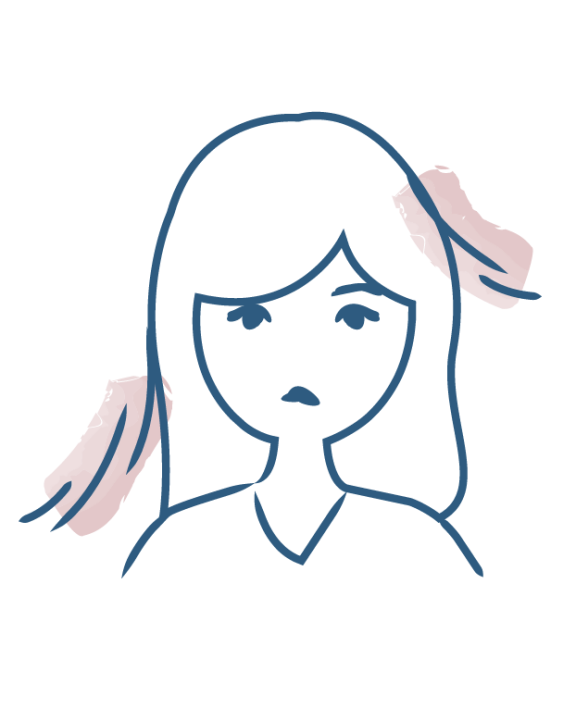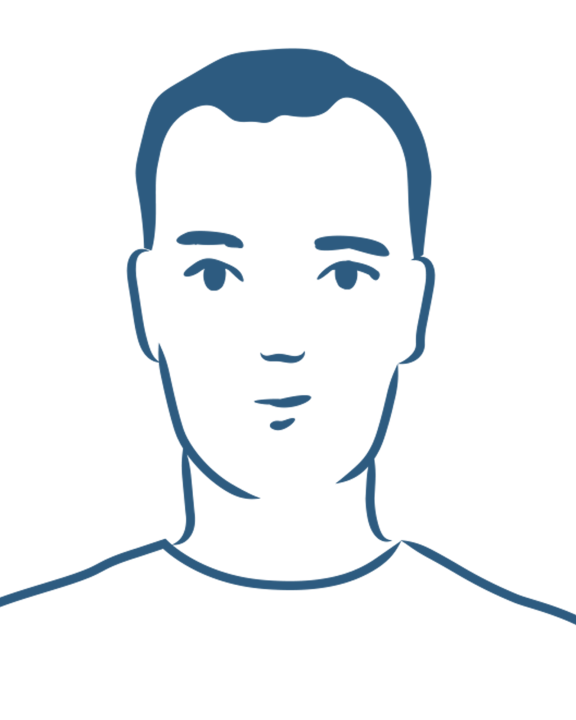-
Your concerns
Our articles to help you gain a better understanding
-
Our solutions
-
Ducray Dermatological laboratories
Our articles to help you gain a better understanding

Daily hair loss can cause severe psycho-emotional distress in some patients. Aside from how we may view ourselves, there are a number of misconceptions which can add to this perception. We are here for you to separate fact from fiction when it comes to hair loss. There are several preconceived notions about hair loss. So, what is information versus disinformation?

Summary
We have made a list for you of the primary misconceptions about daily hair loss.
FALSE. Hair loss has nothing to do with aging. The proof: androgenetic alopecia, of which baldness is its most common form, can appear at any age, in some cases very young, as young as 20, particularly in male patients.
FALSE. Androgenetic alopecia is hereditary, but this is not the case for all types of hair loss. Acute telogen effluvium, or occasional hair loss, for example, has nothing to do with genetics.
TRUE. The hormonal fluctuations observed during the postpartum period often result in acute telogen effluvium. An estimated one-third, or even half, of women experience occasional hair loss after a pregnancy*.
TRUE. Relatively intense stress can create a pro-oxidant and pro-inflammatory environment in the hair follicle. This lays the groundwork for diffuse hair loss.
FALSE. It all depends on the type of hair loss. Acute telogen effluvium is occasional hair loss, for which the outcome is always positive once the triggering factor has been identified and eliminated. Chronic hair loss can also be corrected. However, hair lost due to androgenetic alopecia will never grow back.
TRUE. Androgenetic alopecia is a type of chronic diffuse hair loss characterized by episodes of hair loss eventually leading to a miniaturization of the hair and a reduction in hair density. It affects mostly men at a rate of 70% to 80% versus 29% to 42% of women over their lifetime**.
FALSE. Strictly speaking, there is no such thing as anti-hair loss foods. That being said, a balanced diet rich in sulfur amino acids (cysteine and methionine), vitamins B, C and E, zinc, and iron seems to benefit hair growth.
* Source: Grover and khurana, 2013.
** Source: Blume-Peytavi et al., 2011; Norwood, 1975.
Loss of hair density, thinning hair

Chronic loss of hair density

Reactional loss of hair volume

Reactional loss of hair volume

Reactional loss of hair volume

Chronic loss of hair density
NEWSLETTER
Dermatological expertise
To better understand your skin and hair, discover our exclusive content and innovative care products designed to improve your quality of life..